Amman has amazed me with its contrasts, mainly immense wealth (downtown boasts a bevy of 5-star hotels) juxtaposed with crushing poverty. During the last few days, I have visited several Iraqi families as part of the Institute of Family Health's (IFH) initiative to reach out to Iraqis. Yesterday, I spent two hours cross-legged on the floor with a family of 10 – an aunt and her daughter, two nieces, a nephew, and 5 small children. Two of the children were orphaned when their parents were killed by sectarian violence in Baghdad and adopted by their aunt, now the "matriarch" of this large household. The family shares a small 3 room apartment (kitchen, sitting area, and one bedroom). Details of their heartbreaking stories are too painful and personal to repeat here. I considered taking photos for this blog. However, it seemed right to hear their stories and witness their environment. I didn't want photographs to cheapen my visit and/or risk having the family, especially the children, perceive that I was a tourist to their suffering.
The family is one of thousands unable to legally work since their arrival in Jordan. Each month, they receive 90 Jordanian dinars (apx. $127) from the international relief agency CARE. This amount barely covers their 90 JD rent which means they have to rely on goodwill handouts from neigbhors and illegal work to cover food expenses, electricity, etc. The aunt suffers from severe arthritis, a niece from cancer, and a son from epilepsy. None of the children are in school. The Government of Jordan agreed last year to allow displaced Iraqi children to enroll in school here. However, the costs of attendance can be daunting: enrolling each non-Jordanian child is apx. $70 and books cost an additional $10+.
With dramatically rising food and fuel prices, Ali, the 22 year-old nephew, worked until recently at the front desk of a hotel downtown. When Ali confronted his boss after 6 weeks of unpaid work, his employer threatened to report him to authorities. Ali quickly left the scene, afraid of possible deportation or a large fine for overstaying his 3-month visa. His statement was clearly translated: "I can’t work, or I will be deported."
In addition to the risks of work, many Iraqis do not seek medical attention due to fears of deportation and visa fines. IFH has recruited 165+ volunteers who have made several thousand house visits to over 400 Iraqi families in the greater Amman area. They inform the families of available health services and recommend agencies for legal advice. My colleague, Bushra, is from Baghdad and leads the team of volunteers (who receive a $200 stipend for their efforts). The program has been very successful but IFH needs more space to accommodate clients who then come to the Institute for services. For example, currently 11 psychologists occupy 5 offices. I am working with Dr. Manal (IFH, Executive Director) to brainstorm ways to raise the $150,000+ required to construct an additional floor.
Tuesday, August 12, 2008
Subscribe to:
Post Comments (Atom)
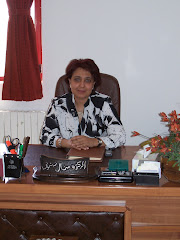
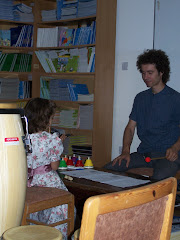
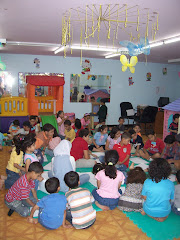
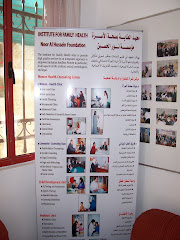
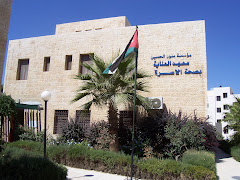
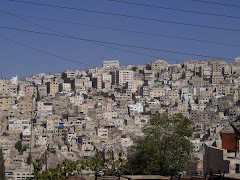
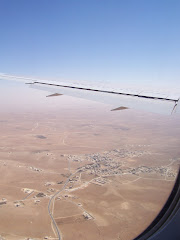
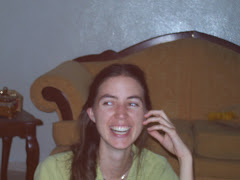
3 comments:
Dear Megan,
My 'comment' earlier got swallowed by the unmerciful timing of the library computer. Just want to say that I thank God you are spreading your smile and compassionate listening with these people. What a wonderful decision this was.... Take care...
Much love,
Aunt cath
Dear Megan,
I am so glad you are there! May you grow in cultural understanding and mutual appreciation of the gift that you are to each other, even for this short time.
Hugs,
Mom
Post a Comment